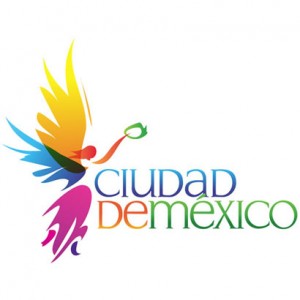
The Transport Air Quality Management Project in Mexico City, a project to ensure the environmental sustainability of the Millennium development Goals, was funded and spearheaded by the World Bank. The principal objective of the project was to support a comprehensive program to reduce air pollution in the Mexico City Metropolitan Area. Other objectives included improving fuel quality and restraining car use.
The project’s primary goal is to make compressed natural gas (CNG) the least expensive fuel for vehicles. World Bank funding allowed Mexico to undertake retrofitting of vehicles to run on CNG. This, combined with a policy of high gasoline prices and low CNG prices, is proving an effective combination.
The project had five interrelated components:
Vehicle component:
- development and enforcement of emission standards;
- progressive improvements to in-use emission standards;
- lines of credit to finance the replacement of old high-fuel use vehicles with new vehicles; and improvement of the vehicle registration system.
- installation of vapor recovery systems at service stations; and
- alternative fuel pilot programme for vehicle conversion.
- This component involved preparing an integrated transport and air quality management strategy that meets the objectives of air quality and transport.
Scientific base component:
- This component aimed at strengthening air-quality planning through an integrated research plan and the development of equipment to extend the air-quality monitoring system.
Institutional strengthening component:
- This involved capacity building for technical support teams and agencies charged with air pollution independent annual environmental audits.
The project was implemented through measures on the transport demand side as well as on the supply side. On the demand side, gasoline prices were increased in order to make unleaded gasoline competitive in the market. The use of CNG was also enhanced by making it the least expensive among all available fuels. On the supply side, vehicles were retrofitted to run on CNG, and existing taxis were replaced by more efficient models running on clean fuels. Fuels were also reformulated, and the use of clean fuels for all vehicles was encouraged. The use of cleaner fuels created an impact on emissions and contributed to the improvement of air quality in the metropolitan area. Although the project encountered some difficulties, it was fine-tuned over time.
Kraus Group has capitalized on the resulting demand for natural gas, by building the world’s two largest CNG refuelling outlets in Mexico City. Each has the capacity to service 1,600 vehicles a day. Currently, the outlets are fuelling a fleet of police cars and buses.
Future plans in Mexico City involve the construction of another 100 CNG outlets over five years. The Kraus Group is principal partner in this project, and its participation will help Mexico City address its severe air pollution problem.
Founded in 1962, Kraus Group is recognized as a worldwide leader in the design and manufacture of alternative fuel dispensing technology. More specifically, it manufactures refuelling equipment for compressed natural gas (CNG), liquefied petroleum gas (LPG) and compressed hydrogen. Kraus also manufactures electronics and high-pressure components.